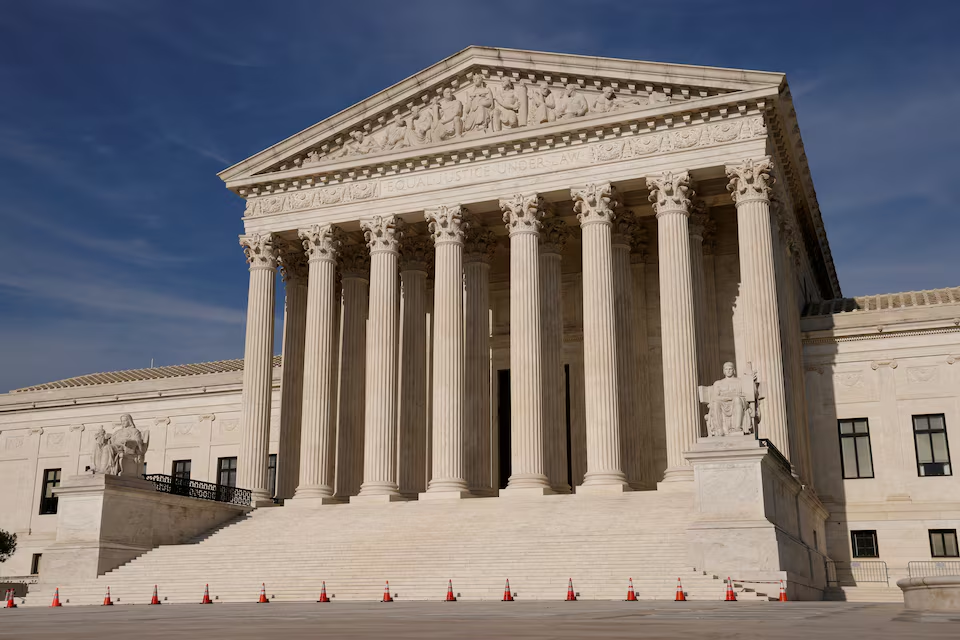Arbitration serves as an alternative dispute resolution mechanism, often favored for its expedience, privacy, and finality. However, maintaining trust in the arbitration process is fundamental to its legitimacy and effectiveness. When tainted panels or conflicts of interest arise within arbitration proceedings, they become significant sources of contention, undermining the process’s very foundation of neutrality and fairness.

Conflicts of interest, in particular, can lead to perceptions of bias and tainted decision-making. Participants in arbitration must have confidence that the arbitrators are impartial and act in accordance with the highest ethical standards. Addressing these concerns is crucial not just for the integrity of individual proceedings but also for preserving the broader credibility of arbitration as a sound method of resolving disputes.
Compromised trust in arbitration panels threatens the stability and attraction of arbitration as a method of dispute resolution. Efforts must be continuously made to identify and mitigate any factors that might harm the reputation and authority of arbitral bodies. A robust framework that promotes transparency and accountability is necessary to safeguard the trust placed in these institutions and ensure that justice is served equitably.
Key Takeaways
- Trust is the cornerstone of effective arbitration, requiring impartiality and high ethical standards.
- Conflicts of interest can lead to biased outcomes, affecting the credibility of arbitration.
- Maintaining transparency and accountability is essential to upholding the integrity of the arbitration process.
Fundamentals of Trust in Arbitration

Arbitration relies on the foundational elements of trust, where the independence and impartiality of the arbitrators are paramount. These principles ensure that parties can rely on the process for a fair resolution.
Principles of Independence and Impartiality
Independence refers to the arbitrators’ lack of ties to the parties involved, ensuring no external pressures or bias influence their decisions. It necessitates a strict adherence to rules that prevent conflicts of interest throughout the arbitration process. Arbitrators must disclose any direct or indirect interests related to the arbitration.
- Criteria for Independence:
- No financial or personal interest in the outcome
- No close relationships with the involved parties
- Absence of commitment to the case outside of the arbitration
Impartiality implies that arbitrators must not favour any party and should approach the case with an open mind. Their judgments must solely be based on the facts and legal merits of the case.
- Demonstrating Impartiality:
- Objective consideration of all presented evidence
- Equal treatment of parties in the procedure
- Decisions based on the application of law, not personal belief
The Role of Arbitrators
Arbitrators act as private judges with the authority to resolve disputes without the need for a court proceeding. Their role is to facilitate a fair process and issue a binding decision based on the agreed-upon terms and relevant laws.
- Responsibilities of Arbitrators:
- To conduct a balanced hearing where each party has the opportunity to present its case
- To ensure that the arbitration procedure is followed as per the agreement and applicable arbitration law
- To deliver a reasoned award that clearly explains the decision-making process
Addressing Conflicts of Interest
In the realm of arbitration, it is crucial to address potential conflicts of interest proactively to preserve the integrity of the process and maintain parties’ trust.
Duty to Disclose and Avoid Conflicts
Arbitrators have a duty to disclose any potential conflicts of interest as soon as they become aware of them. This obligation ensures that all parties are fully informed and can consent to the arbitrator’s involvement or request a replacement if necessary. An absent or inadequate disclosure can undermine the arbitration proceedings and may lead to the decision being challenged at a later stage.
IBA Guidelines and Institutional Responses
The International Bar Association (IBA) Guidelines on Conflicts of Interest in International Arbitration serve as a comprehensive framework for identifying and addressing conflicts. They categorize situations that might affect an arbitrator’s impartiality and independence into a ‘red list’ (clear conflict), ‘orange list’ (possible conflict), and ‘green list’ (no conflict). Institutions incorporate these guidelines into their rules and procedures, obliging participants to adhere to these standards.
Dealing with Third-Party Funding
The involvement of third-party funding in arbitration cases adds a layer of complexity to conflict checks. Arbitrators must expand their disclosure to include any connections with the financial entities backing the case. It is not only direct relationships that matter—indirect connections, such as through law firms or other common interests, also require scrutiny to prevent any perception of bias.
Challenges to Arbitral Authority
When issues such as conflict of interest arise in arbitration, they can lead to challenges regarding the authority of the arbitral tribunal. This may manifest in the form of annulment proceedings or the disqualification of arbitrators, which undermines the confidence parties have in the arbitration process.
Annulment and Disqualification Procedures
Annulment refers to the post-award process where a party seeks to invalidate the arbitral award. It often hinges on arguments that the arbitrator lacked proper authority or that the arbitration proceedings were tainted by arbitrator bias, among other grounds. In the landmark case of Halliburton Company v. Chubb Bermuda Insurance Ltd, issue conflicts pertaining to an arbitrator led to questions about the integrity of the award.
Operational points to note:
- Annulment can be pursued under various legal frameworks, with the New York Convention playing a pivotal role in the enforcement and recognition of arbitral awards.
- Instances that could result in annulment include undeniable evidence of arbitral bias or failure to disclose potential conflicts of interest.
Disqualification procedures involve the removal or challenge of an arbitrator before an award is rendered. Key considerations entail:
- Clear evidence of an arbitrator’s inability to perform their duties unbiasedly.
- Past and present connections with parties involved or with the issues at stake.
The integrity of arbitration proceedings relies heavily on the impartiality and independence of their arbitrators, hence disqualification is a critical aspect of maintaining trust in the process.
Role of National Courts
National courts can impact arbitral authority through their intervention in disputes over arbitrator impartiality. Courts have the power to:
- Remove an arbitrator if substantial doubts about their impartiality exist.
- Enforce or nullify awards based on arbitrators’ conduct, strengthening or weakening the authority of the arbitration panel depending on their decision.
Court dynamics to consider:
- Jurisdiction plays a key role, as the courts in the location of arbitration have significant influence over proceedings.
- The interplay between court decisions and the enforceability of awards due to the New York Convention, determines the finality and acceptance of arbitration results globally.
National courts’ involvement is often seen as a double-edged sword; it is necessary to uphold the tenets of fairness and impartiality while also respecting the autonomy of the arbitral process.
Ensuring a Robust Arbitration Framework
To preserve trust in arbitration, mechanisms for transparent and impartial proceedings are crucial. Strengthening the framework aims at safeguarding against conflicts of interest and ensuring fair resolution of disputes.
Modifying Arbitration Rules and Procedures
Arbitration rules are the cornerstone of a trustworthy arbitration process. Institutions like the International Chamber of Commerce (ICC) periodically revise their arbitration rules to adapt to evolving legal and commercial landscapes. These modifications can include tighter regulations on the disclosure of potential conflicts of interest by arbitrators, ensuring they remain unbiased and independent. Enhancing the clarity and rigor of such rules helps mitigate risks of tainted panels.
In the realm of international commercial arbitration, a more nuanced approach to law firm involvement is needed. Institutional rules now often require firms to have internal checks to prevent conflicts. Regulations also call for the establishment of databases listing arbitrators’ past and present engagements. This promotes transparency and allows parties to make informed choices.
The Future of International Arbitration
The future of international arbitration hinges on the harmonization of arbitration rules at a global level. The United Nations Commission on International Trade Law (UNCITRAL) plays a pivotal role in this aspect. Their Model Law on international commercial arbitration is a framework adopted by many countries, ensuring a degree of uniformity and predictability in arbitral proceedings.
Institutional reform is also anticipated, with a move towards more institutional rules that embody best practices from renowned bodies like UNCITRAL and ICC. This direction helps standardize procedures and builds a comprehensive set of guidelines that arbitrators and parties worldwide can rely on.








